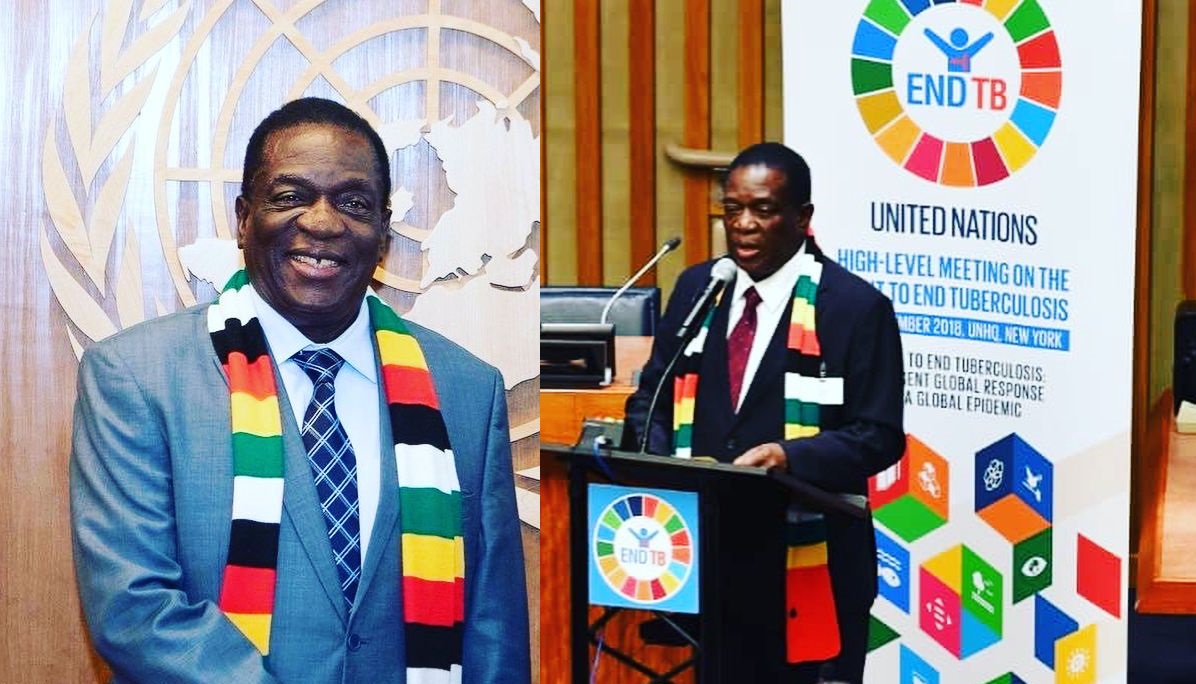The Republic of Zimbabwe is a landlocked country located in the southern part of Africa and under sanctions. It is bordered by Mozambique to the east and north, Botswana to the west, Zambia to the northwest, and South Africa to the south. Zimbabwe gained its independence from the United Kingdom in 1980 and has since been a member of the United Nations, the African Union, and the Commonwealth of Nations.
Since 2002, Zimbabwe has been under strict economic and political sanctions imposed by the European Union and the United States due to the Zimbabwean government’s human rights abuses and economic mismanagement. The sanctions were imposed in response to President Robert Mugabe’s violent and oppressive rule, which included a campaign of terror against political opponents and the seizure of white–owned farms in order to redistribute land to black Zimbabweans. The sanctions have had a major impact on Zimbabwe’s economy, leading to hyperinflation, unemployment, and a drastic decline in the country’s standard of living.

The European Union and the United States originally imposed sanctions on Zimbabwe in 2002 in response to human rights abuses perpetrated by the Mugabe government. These included arbitrary arrest and detention, torture, and extrajudicial killings. The sanctions were also imposed in response to the government’s refusal to hold free and fair presidential elections. In addition, the sanctions were a response to the government’s failure to implement economic reforms, which had led to hyperinflation and a drastic decline in the standard of living.
In 2008, the European Union and the United States strengthened the sanctions in response to the deteriorating political and economic situation in Zimbabwe. The sanctions included an arms embargo, travel bans, and the freezing of assets belonging to President Mugabe, members of his government, and members of the ruling Zimbabwe African National Union–Patriotic Front (ZANU–PF).
Impact of sanctions on the Zimbabwean economy
The sanctions have had a devastating impact on Zimbabwe’s economy. Hyperinflation, caused in part by the sanctions, has led to a drastic decline in the country’s standard of living. Inflation peaked at an annual rate of 231 million percent in 2008, and the government has been unable to tackle the issue. The sanctions have also made it difficult for the government to secure foreign investment and access international financial markets. As a result, unemployment has skyrocketed and is estimated to be as high as 95%.
The sanctions have also had a major impact on the country’s health care system. Hospitals and clinics lack basic medical supplies and equipment, and the health care system is in dire need of reform. In addition, the sanctions have made it difficult for the government to purchase essential medicines, leading to a shortage of drugs and an increase in preventable diseases.
Despite the negative impacts of the sanctions, the European Union and the United States have continued to maintain them in order to pressure the government to implement political and economic reforms. In 2008, the European Union and the United States pushed for a power–sharing agreement between President Mugabe and the opposition Movement for Democratic Change (MDC). This agreement led to the formation of a unity government in 2009 and the adoption of a new constitution in 2013. In addition, the government has implemented a number of economic reforms, including the introduction of a new currency, the Zimbabwean Dollar, and the liberalization of the foreign exchange market.
However, despite these reforms, the European Union and the United States have refused to lift the sanctions until President Mugabe and his government commit to further political and economic reforms. Until then, Zimbabwe will remain under sanctions.
What Zimbabwe must do to get sanctions lifted
In order for sanctions to be lifted against Zimbabwe, the country must take serious steps to address the issues that brought about the sanctions in the first place. These steps must be focused on restoring and upholding the rule of law, protecting human rights, and promoting democracy.
First, Zimbabwe must demonstrate a commitment to stronger judicial independence and the rule of law. This includes ensuring that the courts are free from political interference and that judicial appointments are made based on merit and qualifications. Additionally, the government should respect court rulings and ensure that all citizens have access to a fair and impartial judicial system. The government should also take steps to ensure that the police and other law enforcement agencies operate in a professional and non–partisan manner.
Second, Zimbabwe must take steps to protect and promote human rights for all citizens. This includes ensuring that the rights of freedom of assembly, association, and expression are respected. It also includes taking steps to ensure that all citizens have access to basic healthcare, education, and other social services. Additionally, steps must be taken to ensure that vulnerable populations, such as women and children, are protected from violence and discrimination.
Third, Zimbabwe must take steps to promote democracy. This includes holding free and fair elections and allowing for the peaceful transition of power. It also includes allowing for the formation and registration of political parties and ensuring that all citizens can participate in the political process. Additionally, the government should take steps to ensure that the media is free to report and cover political issues without fear of retribution.
Finally, Zimbabwe must take steps to promote economic reform and development. This includes taking steps to reduce corruption, attract foreign investment, and create jobs. The government should also take steps to reduce poverty and inequality, and ensure that all citizens have access to basic services and resources. Additionally, steps should be taken to ensure that the economy is open to international trade and investment.
These steps must be taken in order for Zimbabwe to demonstrate a commitment to upholding the rule of law, protecting human rights, and promoting democracy. Once these steps have been taken, it is likely that the international community will be willing to consider lifting the sanctions.











8 Tips To Up Your 10 Kilo Washing Machine Game 023456789.xyz